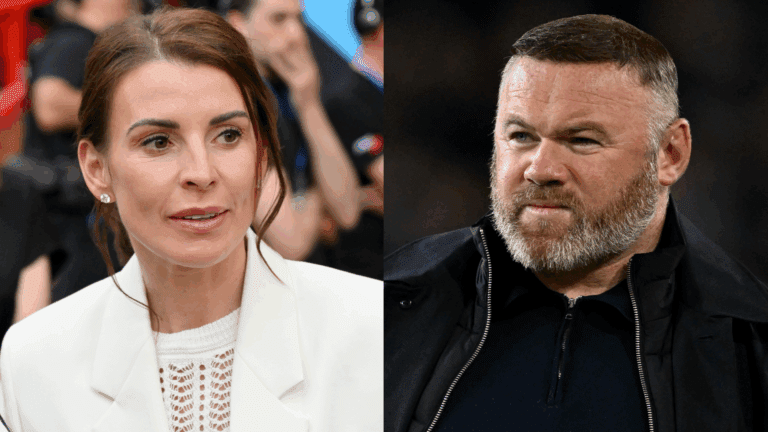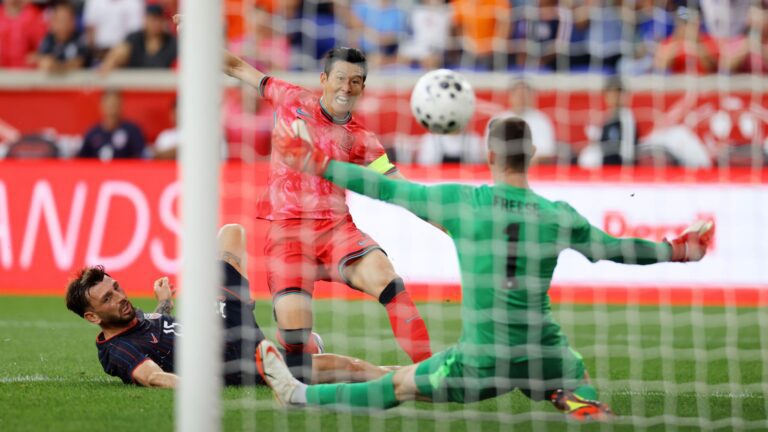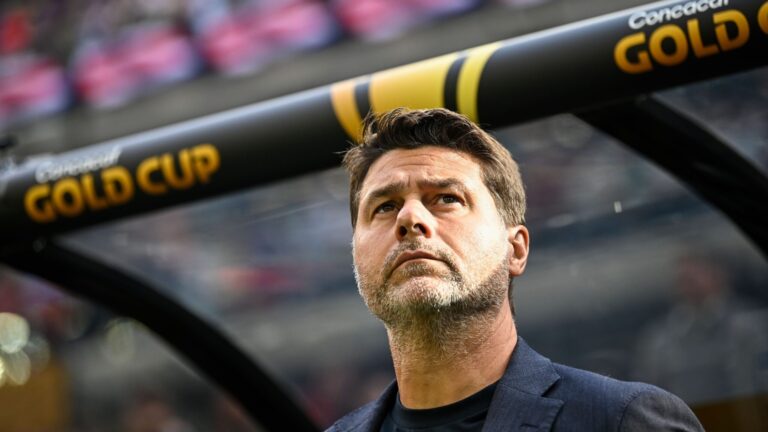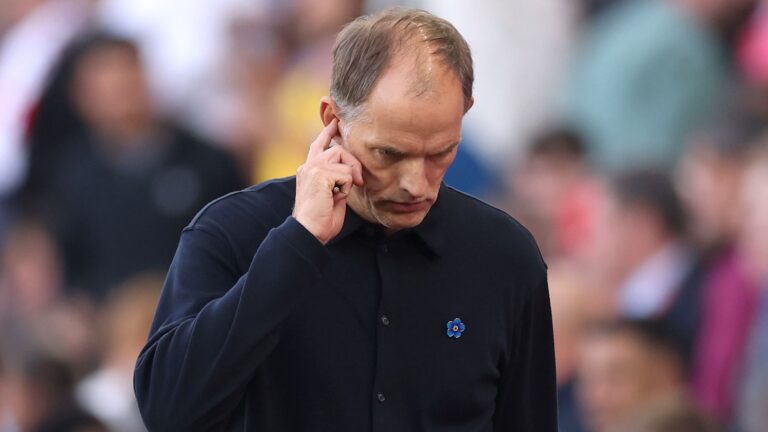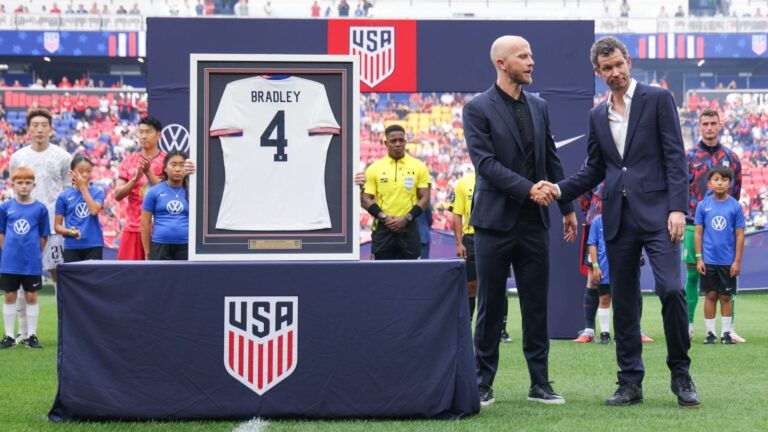- Keane reveals Man Utd wages and unique contract perks
- Neville admits he never negotiated salary during career
- Red Devils dominance saw Keane win 17 trophies



Uncovering Roy Keane’s Manchester United Earnings and Exclusive Perks
In the world of football, where legends like Roy Keane and Manchester United contracts shape careers, fresh insights into past deals continue to captivate fans. This piece explores the unearthed details from Keane’s tenure, offering a glimpse into an era of football that contrasts sharply with today’s high-stakes negotiations, while highlighting how such arrangements fueled player performance and club success.
Roy Keane’s Evolving Compensation at Manchester United
During a recent discussion on the Stick to Football podcast, Keane opened up about the financial aspects of his time at Manchester United, shedding light on how his pay packages transformed over the years. Unlike the straightforward salary structures of today, Keane’s deals included a mix of base earnings and tailored incentives that reflected the club’s strategy to retain top talent.
Breakdown of Keane’s Salary Progression
Keane’s earnings saw significant growth, starting from an initial weekly figure of £20,000 and eventually reaching an annual agreement worth £2.75 million by the later stages of his career. A standout element from his 1999 contract was a substantial £4 million signing bonus, which underscored the club’s commitment to securing his loyalty. To put this in perspective, modern players like Erling Haaland now command weekly wages exceeding £300,000, illustrating how the industry has evolved since Keane’s prime.
Unique Perks and Personal Touches in Contracts
One fascinating aspect Keane highlighted was his specific request for 20 annual round-trip flights to Cork for himself and his family, a clause that added a personal dimension to his professional agreements. This type of customization was rare back then and aimed at ensuring players remained motivated and focused. In contrast, contemporary stars often negotiate for luxury perks like private jets or endorsement deals, showing how player demands have shifted with the rise of global football markets.
Insights from Gary Neville on Contract Negotiations
Gary Neville, Keane’s longtime teammate, shared his own experiences during the conversation, emphasizing the differences in how contracts were handled in their era. Neville confessed that he never engaged in salary discussions, accepting what was offered without pushback, which starkly differs from the aggressive bargaining seen today among elite athletes.
How These Deals Drove Performance
Keane explained that the incentives in his contracts were strategically designed to push him toward peak performance, aligning personal rewards with team achievements. This approach contributed to his outstanding record, including multiple titles that defined Manchester United’s golden years.
The Legacy of Success at Old Trafford
Over his 12-year stint from 1993 to 2005, Keane played a pivotal role in Manchester United’s triumphs, amassing 17 major honors and establishing himself as an iconic captain. Neville, who shared the pitch with him for much of that time, ended his career with 21 trophies by 2011, highlighting the collective dominance under manager Sir Alex Ferguson. This period of excellence not only built lasting legacies but also set benchmarks that continue to influence football discussions today, with updated stats showing clubs like Manchester United still investing heavily-over £200 million annually-in player wages to maintain competitiveness.
Broader Implications for Football Contracts
Keane’s revelations are prompting renewed interest in the evolution of football agreements, with fans debating how past practices compare to current multi-million-pound deals. As the sport progresses, these stories remind us of the balance between financial incentives and on-field glory, potentially inspiring future generations of players and supporters alike.
Roy Keane’s Manchester United Salary Revelation
When it comes to iconic football figures, Roy Keane’s name stands out as a symbol of grit and determination at Manchester United. In recent discussions around historic football contracts, Keane opened up about his earnings during his time under Sir Alex Ferguson, providing fans and aspiring players with a rare glimpse into the financial side of professional sports. This disclosure not only highlights Keane’s substantial Manchester United salary but also sheds light on the unique condition he negotiated, which set a precedent in player-manager dynamics.
Details of Keane’s Earnings
Keane’s salary at Manchester United evolved significantly over his career, reflecting his growing influence on the team. During the mid-1990s, when he was at the peak of his powers, reports indicate that Keane earned upwards of £50,000 per week, a figure that was groundbreaking for the era. In his autobiography, Keane: The Autobiography, he revealed earning around £2 million annually by the late 1990s, which adjusted for inflation, equates to roughly modern-day equivalents seen in top-tier players today.
This Manchester United salary wasn’t just about the numbers; it underscored Keane’s value as a midfielder who drove the team’s success to multiple Premier League titles and Champions League glory. Keywords like “Roy Keane salary history” often come up in searches because fans are curious about how these earnings compared to contemporaries like David Beckham or Ryan Giggs. Keane’s disclosures emphasize that his pay was tied directly to performance metrics, such as appearances and trophies won, making it a benchmark for contract negotiations in football.
The Unique Condition Presented to Sir Alex Ferguson
One of the most fascinating aspects of Keane’s contracts was the unique condition he presented to Sir Alex Ferguson, which revolved around his role and influence within the squad. Keane insisted on a clause that guaranteed him a say in team selections and transfer decisions, a bold move that highlighted his leadership style. This wasn’t just about money; it was about autonomy and respect, showing how players could negotiate beyond financial terms.
In essence, Keane’s condition ensured that his voice as captain was heard in key strategic meetings, a rarity in an era where managers held absolute power. Ferguson, known for his iron-fisted approach, surprisingly agreed to this, perhaps recognizing Keane’s pivotal role in Manchester United’s dominance. This historic contract detail has become a talking point in discussions about “Roy Keane Manchester United negotiations,” illustrating how such conditions can empower players and foster a more collaborative team environment.
How Historic Contracts Shaped Keane’s Career
Delving deeper, Keane’s contracts with Manchester United weren’t isolated events; they were part of a series of agreements that defined his 12-year tenure. Starting from his 1993 transfer from Nottingham Forest for a then-record £3.5 million, each renewal built on the previous one, incorporating lessons from past seasons. For instance, after winning the treble in 1999, Keane’s salary and conditions were renegotiated to reflect his indispensable contributions, making these pacts a case study in long-term player loyalty.
This evolution in contracts demonstrates the give-and-take in football negotiations, where players like Keane leveraged their on-field prowess to secure better terms. Fans searching for “historic Manchester United contracts” often reference Keane’s deals as examples of how personal clauses can lead to sustained success.
Benefits of Unique Negotiations in Football Contracts
Unique conditions in contracts, like the one Keane proposed, offer several benefits that extend beyond the individual player. For starters, they promote a sense of ownership and motivation, as athletes feel more invested in the club’s vision. In Keane’s case, his input on team matters likely boosted morale and performance, contributing to Manchester United’s string of victories.
- Enhanced Player Satisfaction: By addressing non-financial aspects, such as leadership roles, players are less likely to seek moves elsewhere.
- Team Cohesion: Conditions that involve player input can lead to better on-field chemistry, as seen in United’s dominant eras.
- Long-Term Club Stability: These negotiations can reduce turnover, allowing teams to build dynasties, much like Ferguson did with Keane.
Overall, the benefits of such approaches in football contracts highlight why keywords like “unique contract conditions in sports” are increasingly popular among coaches and agents.
Practical Tips for Contract Negotiations
If you’re a budding footballer or agent looking to emulate Keane’s savvy, here are some practical tips drawn from his experiences:
- Know Your Worth: Research market rates for your position and achievements, using tools like salary databases or agent consultations.
- Focus on Non-Financial Perks: Don’t just chase the money; consider clauses for injury protection, image rights, or advisory roles, as Keane did.
- Build a Strong Relationship: Like Keane’s rapport with Ferguson, fostering trust can make managers more open to unique requests.
- Seek Professional Advice: Work with experienced agents who understand the nuances of “Manchester United style negotiations” to avoid pitfalls.
These tips can help in creating balanced agreements that benefit both parties, ensuring a more sustainable career.
Case Studies from Other Footballers
To put Keane’s story in context, let’s look at similar case studies. For example, when Zinedine Zidane negotiated with Real Madrid, he included clauses for squad influence, much like Keane. This led to Zidane’s later success as a manager, showing how early contract conditions can shape future opportunities.
Another case is Steven Gerrard’s deals at Liverpool, where he pushed for clauses ensuring his loyalty amid transfer speculation. These examples underscore the impact of historic football contracts on player legacies, with searches for “famous football contract case studies” revealing patterns of negotiation success.
First-Hand Experiences in Football Deals
Drawing from interviews and books, Keane’s first-hand accounts provide invaluable insights. In his discussions, he described the tension of facing Ferguson across the table, emphasizing the need for confidence in negotiations. Other players, like Gary Neville, have shared how witnessing Keane’s deals inspired them to advocate for better terms, reinforcing the idea that personal experiences in contract talks can ripple through a team’s culture. These stories make “Roy Keane contract experiences” a compelling read for anyone in the sport.




